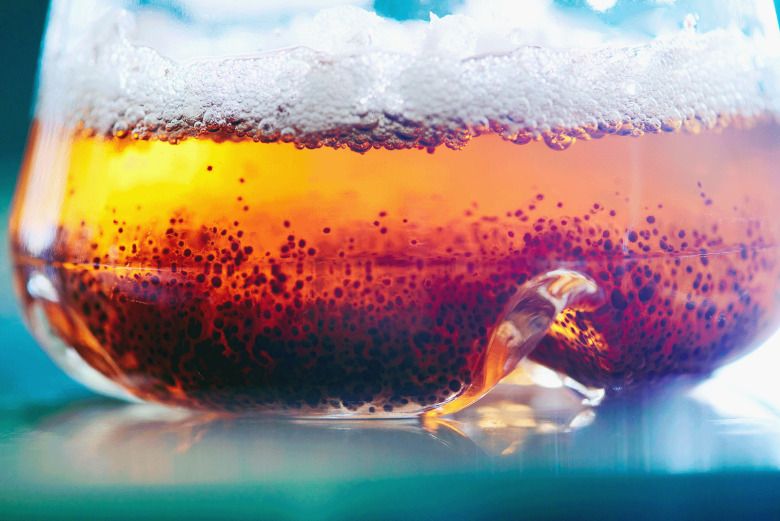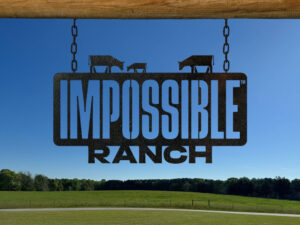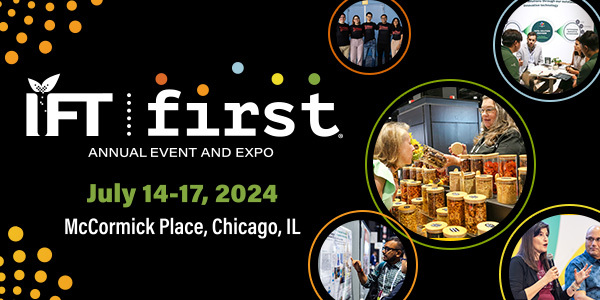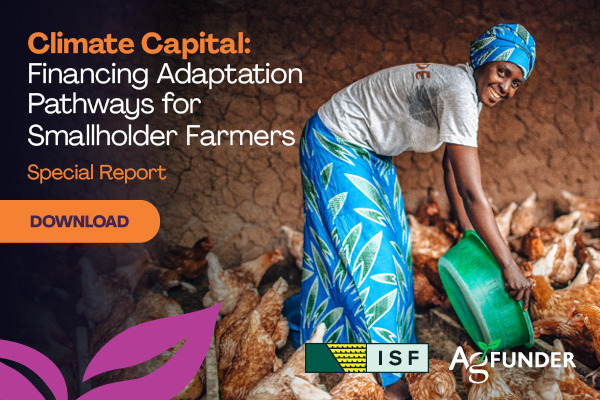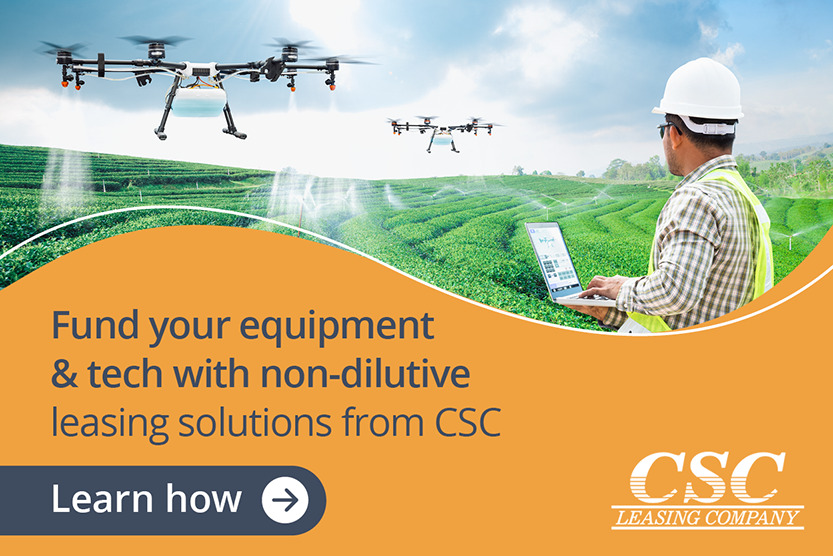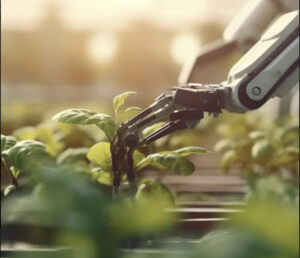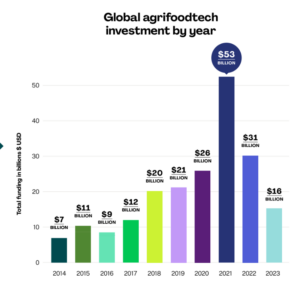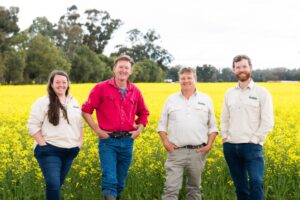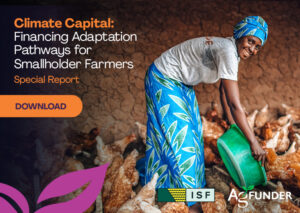Thanks to advances in synthetic biology, startups can now program microbes to produce scores of ingredients more sustainably. But the tortuous process to secure regulatory approvals in the EU is holding the industry back, claim the founders of a new trade association.
Launched by Formo, Better Dairy, Imagindairy, Onego Bio and Those Vegan Cowboys (who engineer microbes to produce dairy and egg proteins) Food Fermentation Europe will address issues from labeling and nomenclature for ‘animal-free’ proteins to capacity challenges in industrial-scale fermentation.
But its #1 priority is helping startups navigate the regulatory pathway for approving novel foods in the EU: a lengthy and uncertain process that right now, they argue, is “completely unclear” for the new wave of players in precision fermentation.
‘The two biggest problems right now are [a lack of] transparency and communication’
The challenge is that the European Food Safety Authority (EFSA), has not spelled out exactly what information is required to secure approval under the EU Novel Foods Regulation, Formo director of global public affairs and sustainability Christian Poppe told AFN.
“The two biggest problems right now are [a lack of] transparency and communication. I know one company that submitted a dossier over a year ago and they’re still talking about format with EFSA. Part of it is that EFSA is understaffed, but mainly it is that what is supposed to be in there [an applicant’s dossier] is completely unclear.”
He added: “There is general guidance about novel foods and some guidance on the use of different microorganisms, but it doesn’t cater specifically cater to fermentation-enabled technologies like ours, so right now it’s really a guessing game.
“There is a lack of clarity about the expectations. What does a dossier need to contain in terms of the safety data that needs to be submitted? Is animal-testing required?”
EU startups can read publicly available documents from companies such as Perfect Day and The Every Co, who have submitted dossiers to the US Food and Drug Administration (FDA) explaining why their animal-free dairy and egg proteins are GRAS (Generally Recognized as Safe), said Poppe. But this doesn’t necessarily help to determine what EU regulators are looking for.
“GRAS determinations have no real value add for European dossiers we have to craft, because the standards on what is expected to demonstrate food safety here are significantly higher. To give you an idea of what we’re dealing with, we recently talked to someone at the European Commission about the GRAS process in the US, and the response we got was: ‘In the US, you can also carry around weapons,’ so the US is not the benchmark here.”
“The policy objectives of the Green New Deal and the regulatory process for novel foods, which include food made via precision fermentation, are not aligned. The current regulatory processes are far too lengthy and opaque and changes are urgently needed to facilitate market access.” Food Fermentation Europe
No pre-application consultation process
In many parts of the world, startups routinely consult with regulators prior to submitting a dossier to understand what kind of information or studies are required. In the EU, however, it is not possible for companies in this space to have individual discussions with EFSA officials, as it could be seen as a conflict of interest, he said.
However, representatives of a trade association could have such conversations with EFSA as they would be regarded as “neutral bodies representing an industry and not a specific company interest,” claimed Poppe.
Addressing the capacity bottleneck in fermentation
Beyond the regulatory piece, Food Fermentation Europe will also engage with policymakers to help foster a more favorable environment for foodtech startups, added Poppe, who is looking to attract members in fungal biomass fermentation and other related fields.
“We have a much broader strategic vision for the trade association, so that means engaging with the biotechnology department of the European Commission, which has programs fostering biotechnology in Europe and allocates funds. We want to position fermentation technologies as one field to invest in with public funds to address the bottleneck of fermentation infrastructure.
“We’re talking about multimillion euro investments that no VC no PE will fund, whereas the European Commission has committed to massively ambitious carbon reduction targets, which can’t be achieved without changing the food system [dairy proteins made by microbes have a significantly lower environmental impact than those made with cows, claim precision fermentation advocates].
Food Fermentation Europe will also address how best to label ingredients made via precision fermentation, and is already having conversations with the new Precision Fermentation Alliance in the US (which shares two of its founding members: Onego Bio and Imagindairy), said Poppe.
“Regulations and policies need to be aligned with the legislative framework for Sustainable Food Systems if Europe wants to stay globally competitive with regard to sustainable food innovation.” Maija Itkonen, cofounder, Onego Bio
What is precision fermentation?
Precision fermentation uses microbes such as yeast, fungi, bacteria, and algae that have been genetically engineered to produce ingredients in a more sustainable, efficient, or ethical manner vs via animals, petrochemicals, or traditional agriculture.
The technology has been used for many years to make insulin, citric acid, and enzymes such as chymosin, a process aid used in cheese making that was historically sourced from calf stomachs but is now routinely made by genetically engineered microbes.
However, advances in synthetic biology enabling the rapid reading (sequencing) and writing (synthesizing) of DNA have fueled a flurry of startups in recent years producing everything from sweeteners, flavors and colors; to ‘animal-free’ dairy, egg, and collagen proteins; and high-value components found in human breastmilk to enhance the nutrition of infant formula.

